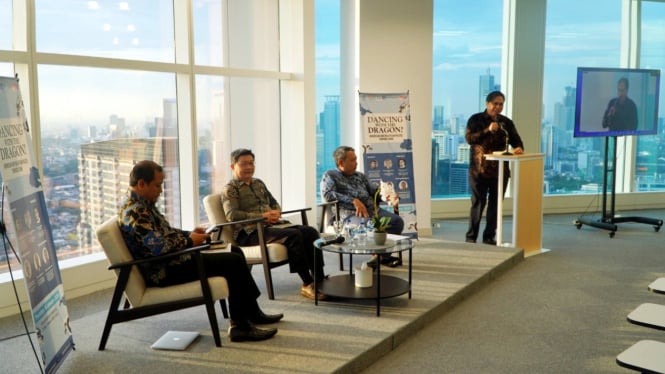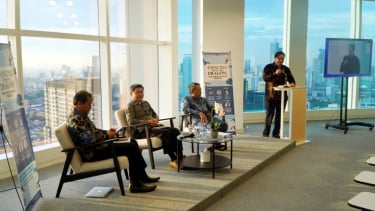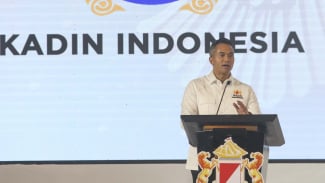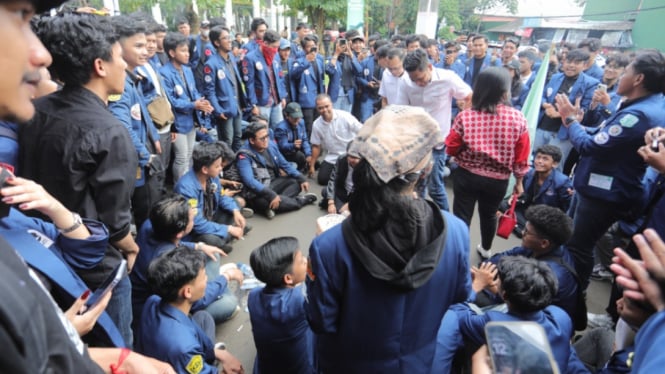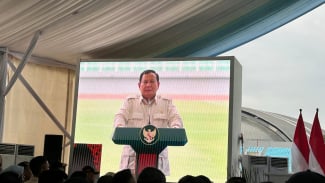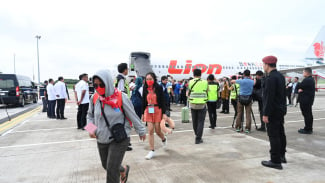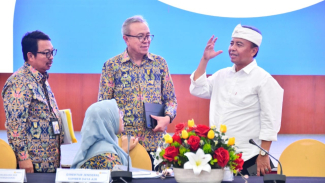Indonesia and Malaysia Navigate Complex Ties with China
- FSI
Jakarta, January 16, 2025 – Despite a significant surge in economic ties, particularly over the last decade, Indonesia's relationship with the People's Republic of China continues to be marked by skepticism, caution, and concerns among a segment of the Indonesian elite and public about China's intentions and actions.
Johanes Herlijanto, Chairman of the Indonesian Sinology Forum (FSI), expressed this sentiment in his concluding remarks at a seminar titled “Dancing with the Dragon? Indonesian and Malaysian Policies toward China," jointly organized by FSI, Paramadina Public Policy Institute (PPPI), and a Malaysian think tank, Bait Al Amanah.
"Indonesia," Herlijanto stated, "cannot abandon its neutral stance and lean towards China, especially if such a move could jeopardize Indonesian sovereignty, which broadly encompasses the nation's sovereign rights and independence. Sovereignty is a sensitive issue that can ignite nationalism in Indonesian society."
The FSI Chairman, who is also a lecturer at Pelita Harapan University, argued that Indonesia has not only maintained an equal distance in its relations with China and other powers, including Western nations, but has also demonstrated its readiness to take firm action if China or any other country violates Indonesian sovereignty.
The decisive actions of Indonesia's Maritime Security Agency (Bakamla) against Chinese Coast Guard vessels that had intruded into Indonesia's Exclusive Economic Zone (EEZ) in November 2024 serve as a clear example.
Similarly, the replacement of Chinese-made drones with Turkish-made drones to safeguard Indonesia's territory in the Natuna Islands is seen as a prudent step that demonstrates Indonesia's commitment to preserving its sovereignty amid China's increasingly assertive and aggressive stance in the South China Sea.
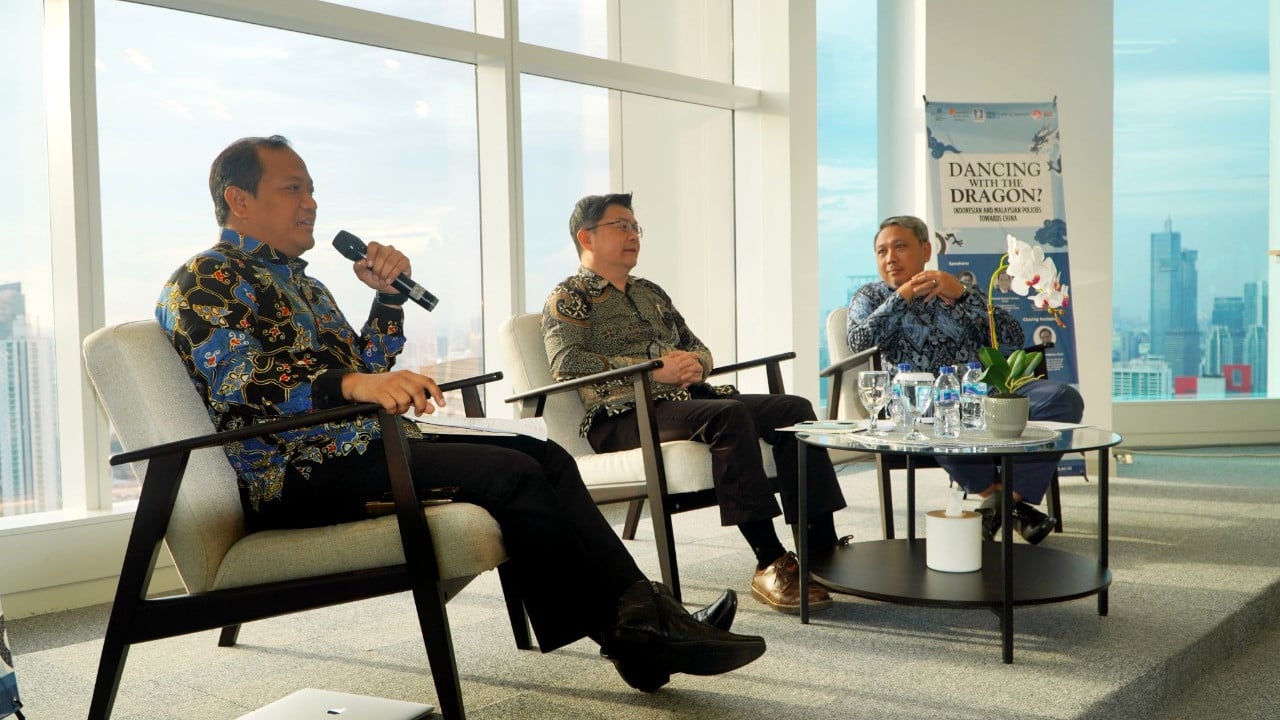
Herlijanto also noted that Malaysia, like Indonesia, has shown a willingness to take firm action against any country that violates its sovereignty. Referencing the work of renowned Malaysian international relations expert Professor Cheng-Chwee Kuik, Herlijanto recounted how Malaysia had deployed its fighter jets in 2021 to intercept Chinese Air Force planes that had flown near Malaysia's Sarawak region.
Professor Cheng-Chwee Kuik, a professor of international relations at the National University of Malaysia (UKM), who was the keynote speaker at the seminar, identified three key factors shaping Malaysia's complex foreign policy towards China: economic pragmatism, engagement, and equidistance. According to Kuik, economic pragmatism has been the cornerstone of Malaysia-China relations since before the two countries established diplomatic ties in 1974.
"China has been Malaysia's top trading partner since 2009, one of the top investors, and one of the key partners on infrastructure development. These economic ties are, by and large, mutually beneficial and productive," Kuik said.
Meanwhile, Ahmad Khoirul Umam, Managing Director of the Paramadina Public Policy Institute, characterized Indonesia's relationship with China as a double-edged sword. "China employs a 'charming offensive strategy,' but it can quickly switch to an 'alarming offensive strategy,'" Umam warned. He emphasized the need for Indonesia to navigate its relationship with China cautiously, particularly in the context of the South China Sea.
Umam also highlighted the importance of ASEAN as a collective entity in dealing with major powers, especially amid the US-China rivalry. However, he acknowledged that ASEAN unity is often tested, particularly due to the economic dependence of some ASEAN members on China.
Both Kuik and Umam emphasized the significance of equidistance as a key policy principle for Southeast Asian countries like Indonesia and Malaysia. By maintaining a neutral stance, these countries can engage with all major powers while safeguarding their national interests.


